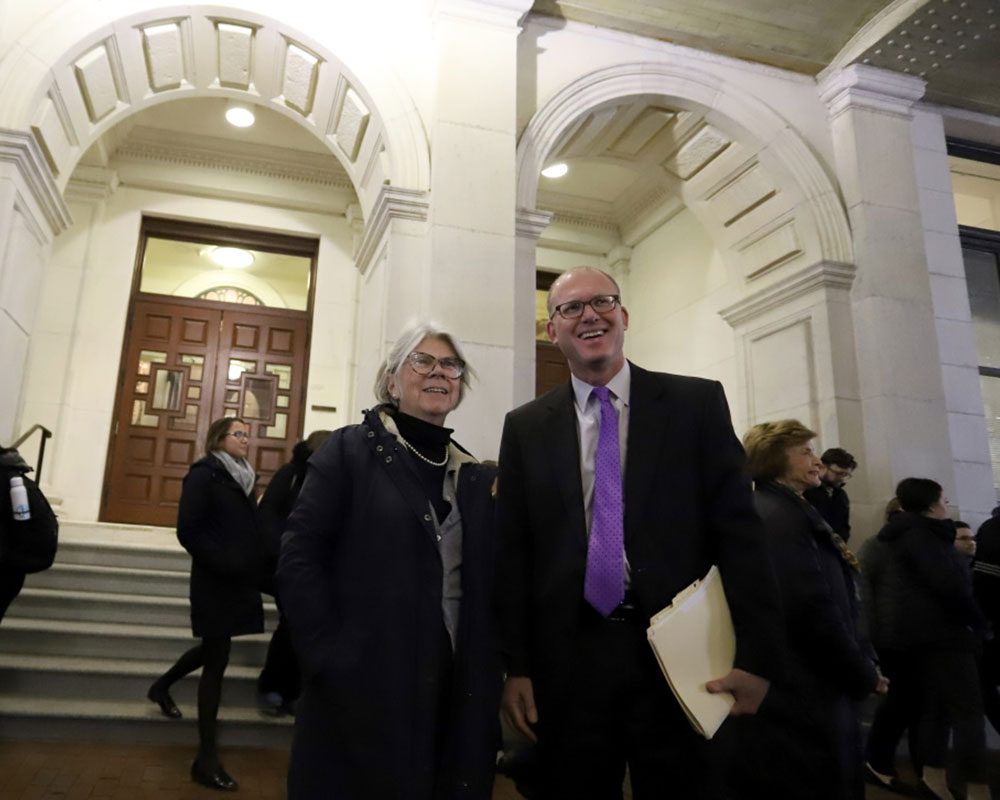House and Senate lawmakers are poised to send Gov. Charlie Baker a sweeping rewrite of the state’s school funding formula that aims to close persistent achievement gaps and commits the state to spending about $1.5 billion more on K-12 education over seven years.
The six representatives and senators who had been negotiating the bill filed their compromise legislation yesterday morning, less than three weeks after officially starting their talks. House Speaker Robert DeLeo and Senate President Karen Spilka said they both expect to bring it up for a vote today.
The bill provides new money to school districts to cover expenses associated with employee health care, special education, English language learners and students from low-income families. Those four areas were identified as major cost drivers in a 2015 state report that found the current funding formula’s foundation budget underestimates the cost of education by $1 billion a year.
The main difference between the House and Senate bills was the amount of state oversight afforded over plans school districts would be required to prepare, detailing efforts they will make to reduce disparities.
The House bill, like the bill that came out of the Education Committee in September, would require districts to “amend any plan deemed not in compliance” after a Department of Elementary and Secondary Education review, while the Senate amended its bill to leave the final say with individual districts.
Similar to the House language, the compromise calls for districts to amend plans that, after the state education commissioner’s review, are “deemed not to conform” with requirements laid out in the bill. The conference committee also drew in Senate language requiring superintendents to consult with their school committees when drafting the plan, and to consider input from stakeholders including teachers and parent advisory councils.
